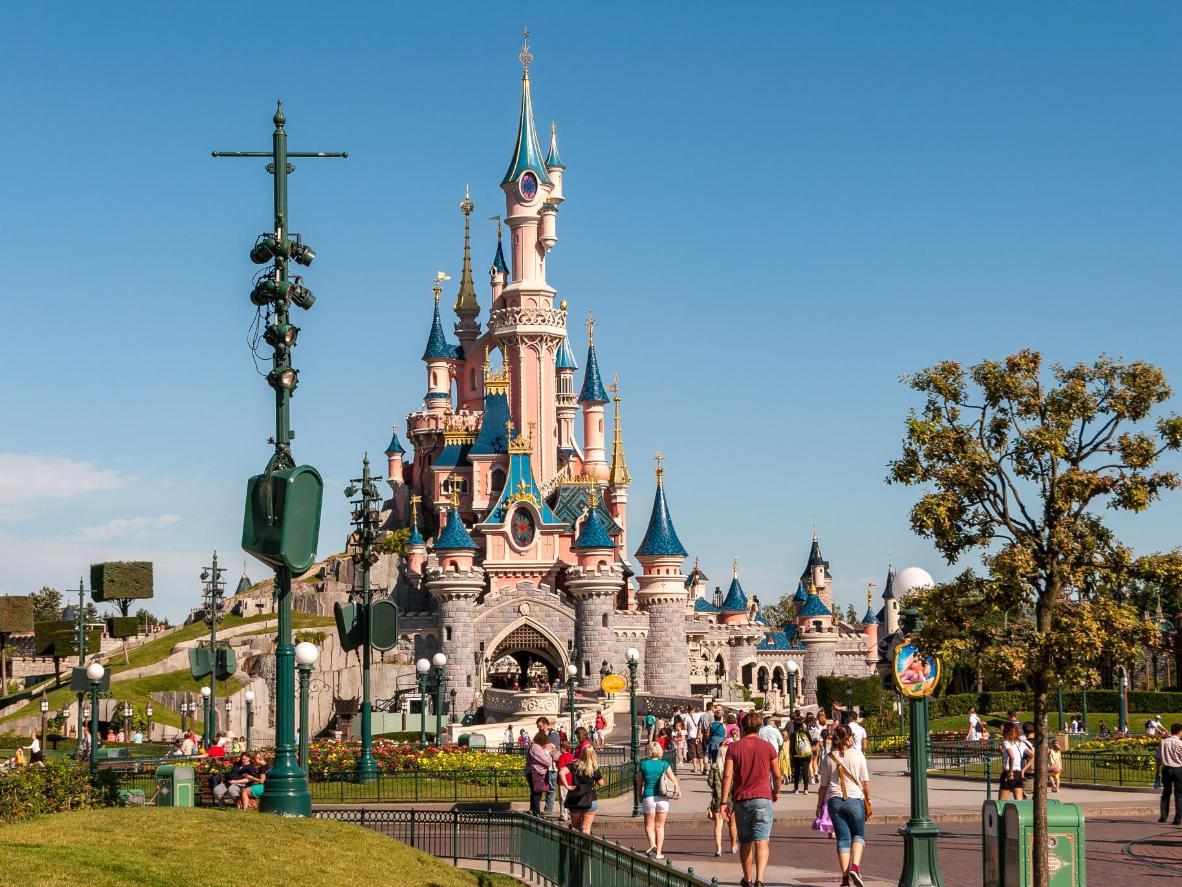Colombia, known as the land of coffee, is home to some of the world’s finest coffee beans. With its fertile volcanic soil, ideal climate, and rich coffee-growing traditions, Colombia has carved a niche for itself in the global coffee industry. From the verdant coffee plantations to the vibrant coffee towns, the country offers a captivating coffee culture landscape that every coffee lover should explore. In this article, we invite you to embark on a journey into the world of Colombian coffee, discovering its origins, flavors, and the cultural heritage that surrounds it.
- Coffee Plantations: Where the Magic Begins
Begin your Colombian coffee adventure by visiting the lush coffee plantations that dot the country’s landscapes. Regions such as the Coffee Triangle (comprising the departments of Caldas, Quindío, and Risaralda), Huila, and Nariño are renowned for their coffee production. Take a guided tour of these plantations and learn about the entire coffee-making process, from the cultivation of coffee cherries to the drying and roasting of beans. Immerse yourself in the stunning natural surroundings as you witness firsthand the hard work and dedication that goes into producing exceptional Colombian coffee.
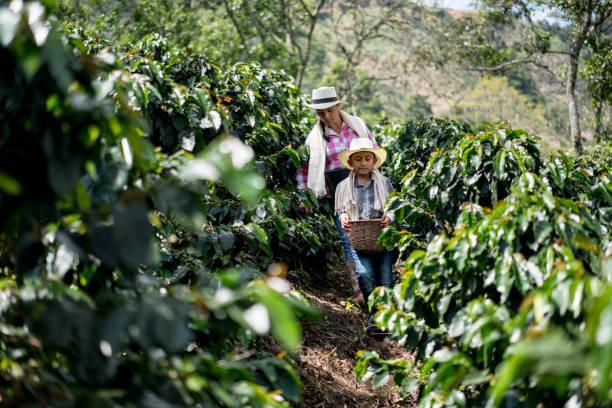
- Coffee Tastings and Cupping Sessions: Savor the Flavors
Colombia’s coffee culture is all about savoring the unique flavors and profiles of its coffee beans. Participate in coffee tastings and cupping sessions where you can sample a variety of Colombian coffees. Experience the diverse tasting notes, ranging from fruity and floral to chocolatey and nutty. Learn about the different coffee grading systems and the factors that contribute to the flavors and aromas of the beans. Engage with expert baristas and coffee professionals who will guide you through the intricacies of Colombian coffee appreciation.
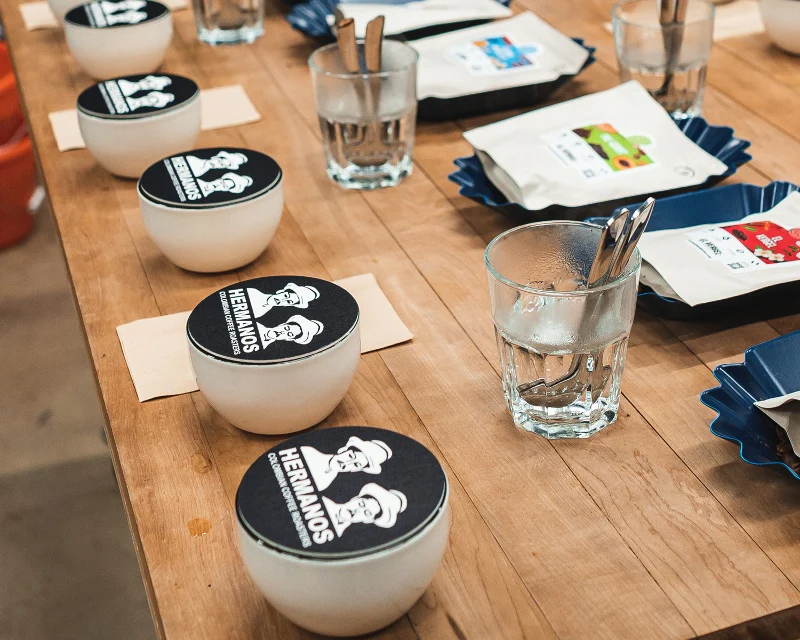
- Coffee Towns: Immersion in Tradition and Heritage
Colombia’s coffee towns are a treasure trove of history, tradition, and warm hospitality. Explore towns like Salento, Manizales, and Armenia, where you can stroll through colorful streets lined with traditional architecture and charming coffee shops. Visit local coffee museums and learn about the cultural significance of coffee in Colombia’s history. Engage with locals who are passionate about their coffee heritage and traditions. Don’t forget to try the traditional Colombian brewing methods, such as the “Tinto” or the “Café de Olla,” for an authentic taste of Colombian coffee culture.
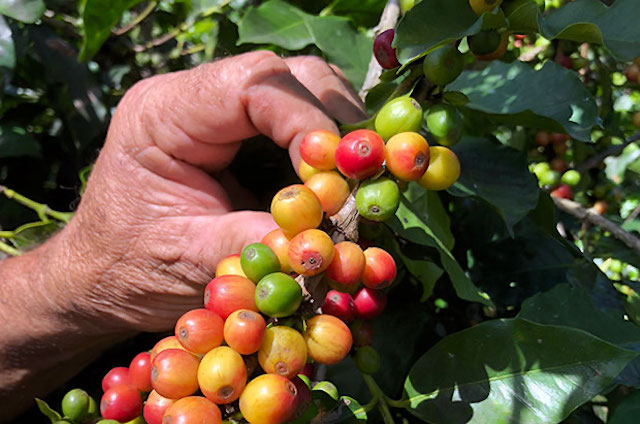
- Coffee Hiking and Eco-Tours: Connecting with Nature
Colombia’s coffee-growing regions are blessed with stunning natural landscapes that provide a breathtaking backdrop to your coffee journey. Embark on coffee-themed hiking and eco-tours that take you through scenic trails, cloud forests, and cascading waterfalls. Experience the symbiotic relationship between coffee cultivation and the environment, as you learn about sustainable farming practices and conservation efforts. Discover the biodiversity that thrives in coffee plantations, such as bird species and native flora. These tours offer a unique opportunity to connect with nature while deepening your appreciation for Colombian coffee.
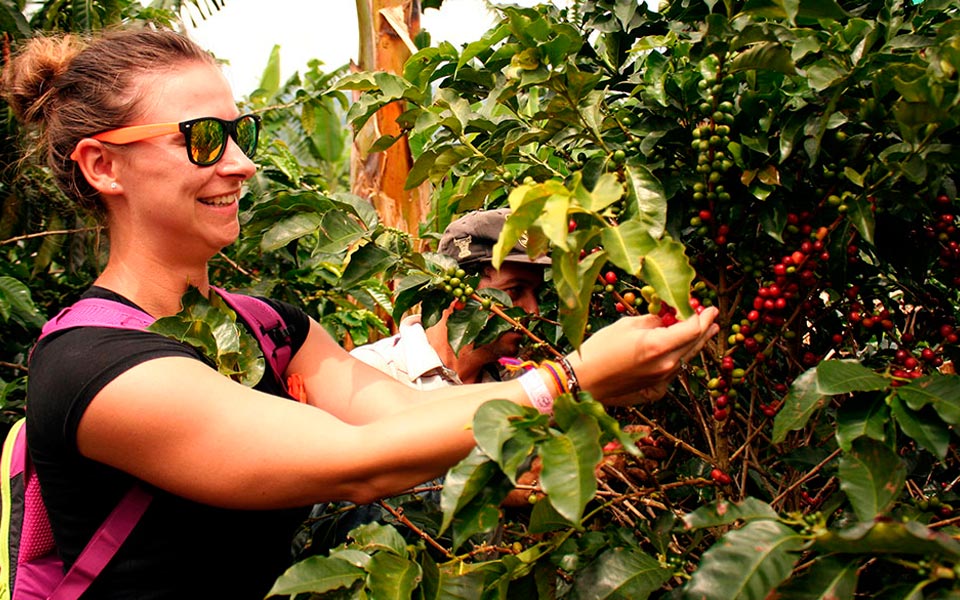
Exploring Colombia’s amazing coffee culture landscape is an enchanting journey that combines history, flavors, and natural beauty. From the coffee plantations that produce some of the world’s best beans to the vibrant coffee towns steeped in tradition, Colombia offers a captivating experience for coffee enthusiasts. Immerse yourself in the aroma and taste of Colombian coffee through tastings and cupping sessions, and connect with the rich cultural heritage that surrounds this beloved beverage. So, pack your bags and embark on an adventure into the world of Colombian coffee, where every sip tells a story of passion and dedication.




